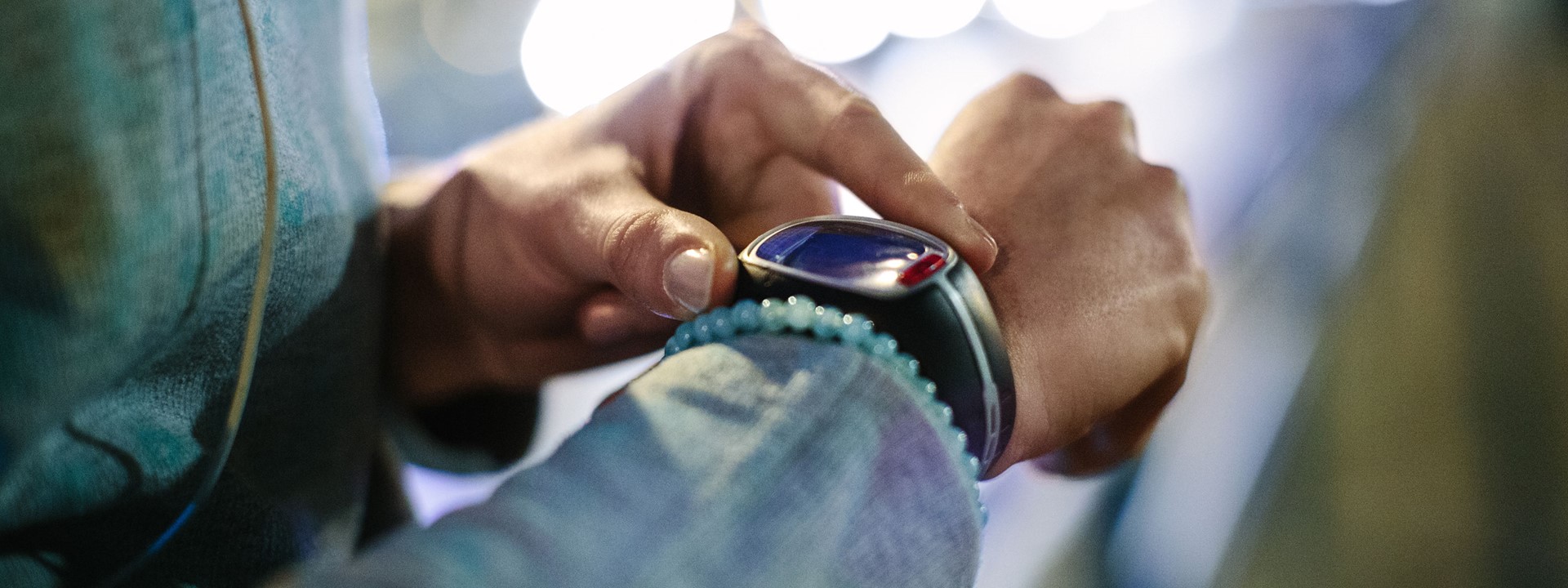What does the future look like? Healthcare technology accessed through smartphones and tablets does have the ability to revolutionise healthcare and the way we interact with our GP’s and doctors. There are applications out there already whereby diagnosis are made from either smartphone photos, subjective questioning and remote/wireless data collection.
Doctors in the US are embracing technology and adopting virtual assessments - today virtual video consultations can be made with doctors day or night.
Other healthcare services are also being revolutionised. Virtual assessments and web based treatment regimes are becoming more popular with professions such as Physiotherapy and Psychology, especially for the treatment of whiplash.
Potential Pros
- Minor injuries and ailments could be treated virtually which could free up Doctors' surgeries, hospitals and A+E departments to deal with more complex injuries and potentially reduce inappropriate ambulance call outs
- It will make healthcare more accessible to, for example, men and other demographics groups who typically underuse healthcare services.
- More remote areas of countries with poor access to healthcare services will benefit
- Reduced costs of virtual healthcare services could make medicine more affordable to many and potentially save millions for the NHS. It also opens the gate to truly 24 hour healthcare services
- Smartphones and tablets and the wealth of health data they collect could mean research is concluded mush quicker as more data is collected over a shorter period of time in greater volume. It also means clinical trials have the potential to be conducted on a larger, even international scale.
Potential Cons
- There will be a limit as to what smart phone apps and related technology can do. They will not replace the need for physical tests and diagnostics such as MRIs or physical procedures such as surgery or injections.
- At the same time we may see our GPs less which could mean those relationships become eroded and continuity of care is lost or becomes less of a concern.
- There are concerns over the accuracy of these smart phone tools to perform diagnostics, although the many ECG monitoring apps have been validated in clinical studies by the food and drug administration in the US and are currently in use.
- As with any internet connected device, there is a risk of hacking and loss of personal privacy. Arguably, there is the complication of the ownership of this data and the access and use of this data by mobile phone providers.
What Could the future hold?
In the UK, the increasing popularity of smartphones and wearable technology, such wrist bands, has focussed on lifestyle health management and wellbeing. The next step we might see is this information being utilised by medical professionals in research and in treatment intervention.
Although there are clear benefits to virtual healthcare assessment and monitoring it will have limits as to what it can safely deliver and it will never replace the need for some physical face to face treatment.
If virtual triage can diagnose minor illness and infections remotely then we may see the next step being emailed prescriptions.
The technology could also signal a move to a more proactive rather than reactive approach in healthcare. If smartphones or other wearable technology are monitoring heart rates and blood pressure with live feeds they could in time (for example) identify early warning signs of cardiac arrest or stroke and then automatically call an ambulance to your location thereby improving survival rates.
QBE Rehabilitation has been an early adopter of these technological advances and has the capability through its service providers to deliver remote based physiotherapy and psychological treatment where clinically appropriate.


